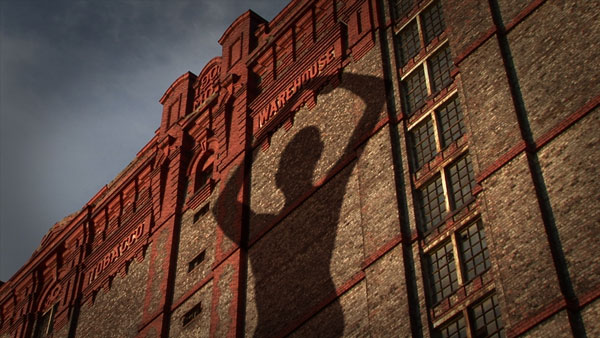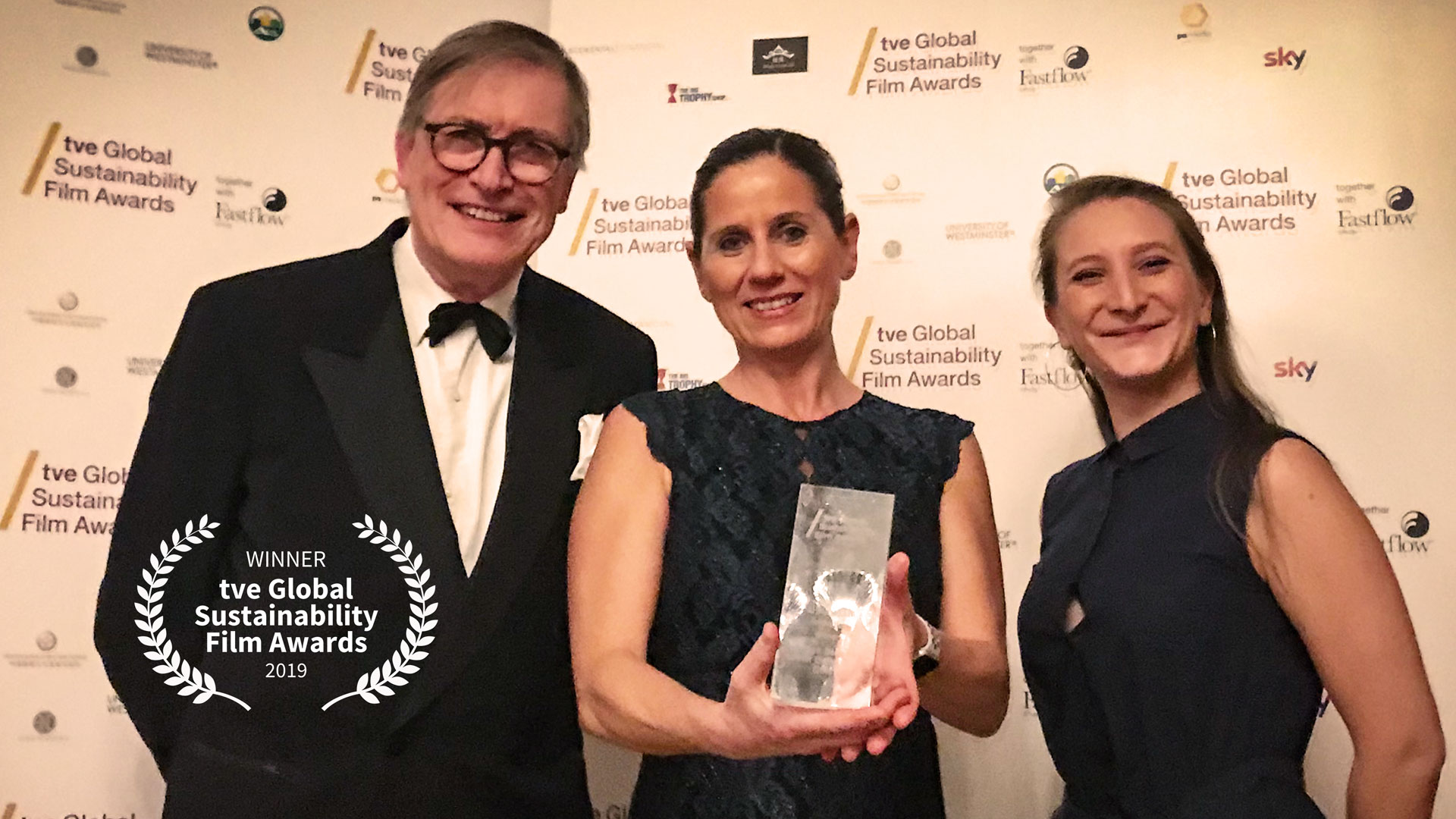
2019 TVE Global Sustainability Film Awards
We are pleased to announce that Monika Koeck (CineTecture), director and producer of the film "A Low Carbon Future for China's Furnace Cities", has been awarded the 2019 Global Sustainability Film Award in the category of "AI and Digital Innovation". This impact and research film was commissioned by Cambridge University and produced with the support/partnership of CAVA.
Presented at a gala event in London, the tve awards spotlight exemplarily films sitting at the forefront of environmental and social change. Launched 8 years ago at BAFTA (the home of the British Academy of Film and Television Arts) recipients of this prestigious award have included major international film/TV/broadcast companies, such as last year’s win for the BBC with David Attenborough's documentary "Blue Planet". This year's films were judged for both their creative execution and the credibility of the solutions they present, highlighting real action being taken to achieve the UN’s Sustainable Development Goals.
CineTecture was a partner in an EPSRC and NSFC funded research project led by Prof C. A. Short (Cambridge University) as the principle investigator. The large team of experts in, for instance, climate modelling and computational fluid dynamics, working on the project included, among others, Prof Runming Yao (University of Reading), Dr Laetitia Mottet (Imperial College London), Dr Jiyun Song (University of Cambridge) and partners in China, Prof Baizhan Li (Chongqing University), Prof Jian Ge and Dr Jindong Wu (Zhejiang University).
The film received the award for offering unprecedented insight into this world-leading (UK/China funded) research, exploring ways to develop a low-carbon retrofit adaptation scheme for an enormous existing building stock (>9 billion m²), without the need for new buildings (>CO2 emissions). The research sought to address the issue of occupants’ changing thermal comfort expectations (problem/self-installed air-conditions) in some of the most extreme climate regions of China.
Monika Koeck wrote the script and subsequently shot the film with two Chinese crews on location in the cities of Chongqing and Hangzhou, before using CGI 3D (Piotr Olszewski) and 2D animations to translate and interpret complex research data into an accessible format. In doing so, her work not only created an artistic output, but also a pathway for worldwide distribution of the research and its impact.
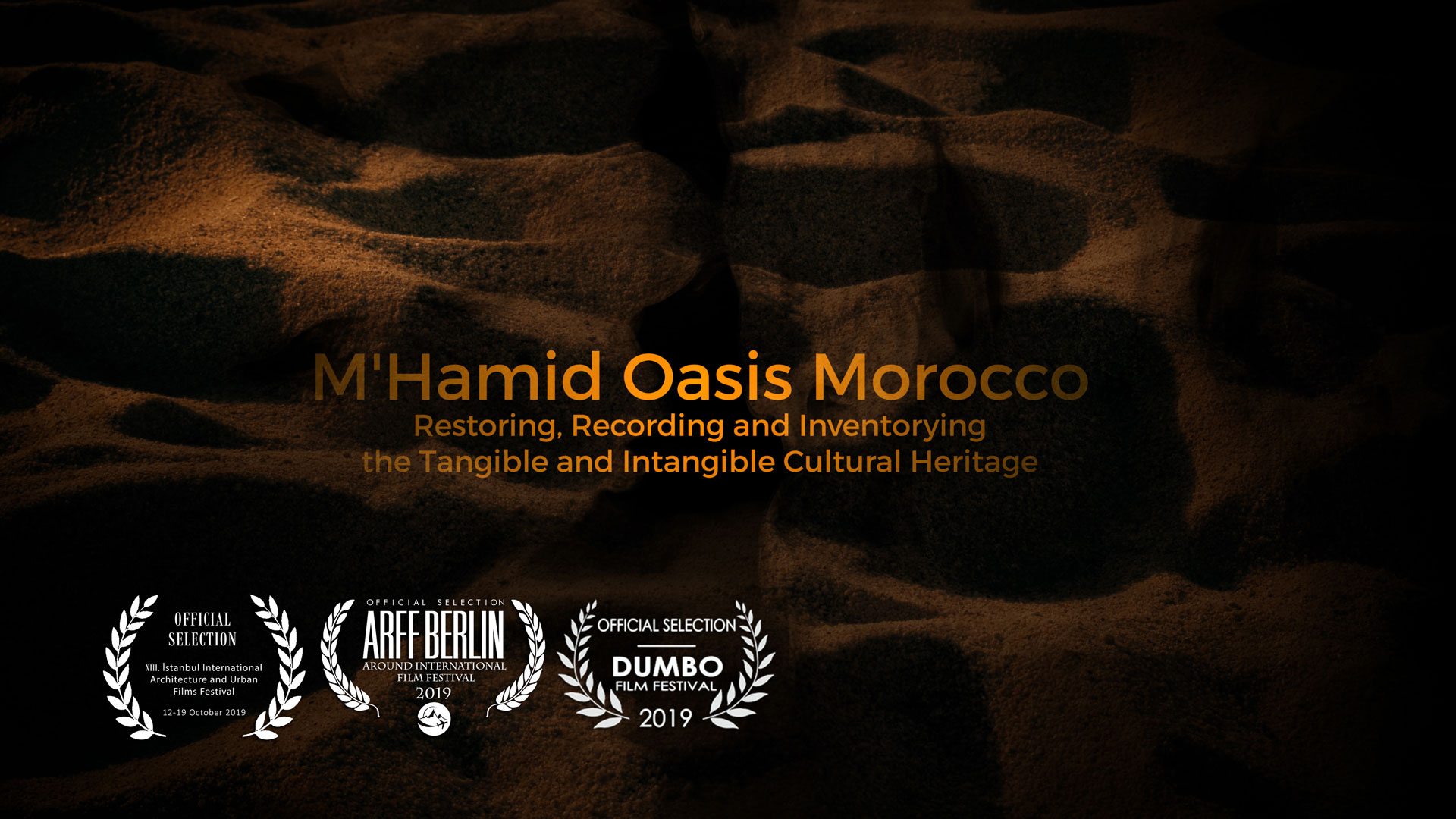
2019 XIII Istanbul International Architecture and Urban Films Festival
The film, M’Hamid Oasis Morocco, produced by Cinetecture’s Monika Koeck, features work undertaken in Ouled Youssef, M’Hamid, by the University’s Centre for the Study of Architecture and Cultural Heritage of India, Arabia and the Maghreb (ArCHIAM) in collaboration with Terrachidia, as part of the project Restoring, Recording and Inventorying the Tangible and Intangible Cultural Heritage of the M‘Hamid Oasis, Morocco. It was one of only 38 documentaries selected from a total of 1,036 films submitted by filmmakers from more than 90 countries for the event, organised by Istanbul Metropolitan Branch of Chamber of Architects.
Led by Dr Giamila Quattrone, ArCHIAM Project Coordinator, and funded by The Barakat Trust and the University, the project aims to preserve M‘Hamid’s endangered cultural heritage, at risk of disappearing under the threat of fast-paced socio-cultural change, desertification and myopic planning strategies, as well as create awareness of the historical, geographical and cultural significance and richness of the place, its struggle for survival and untapped tourism potential. Through a unique collaborative undertaking between a UK academic institution, a Spanish NGO and the M’Hamid community, the project sets out to record and inventory its tangible heritage – dwellings, communal buildings and open spaces – as well as intangible heritage – building crafts, weaving and basketry, culinary traditions, chanting, music and dance – with the goal of establishing their heritage values towards future protection and recognition.
To this end, in February 2019, researchers, professionals and volunteers from all over the world joined forces with members of the local community in the Restoration, Recording and Documentation of Earthen Architectural Heritage Workshopto restore the Marabout (or burial place) of Sidi Abdellah Khalifa. The film and a popular dissemination booklet that is currently under development will turn the spotlight on M‘Hamid, highlighting the threats posed by desertification on the oasis ecosystem and on the communities that depend on it for their livelihood.
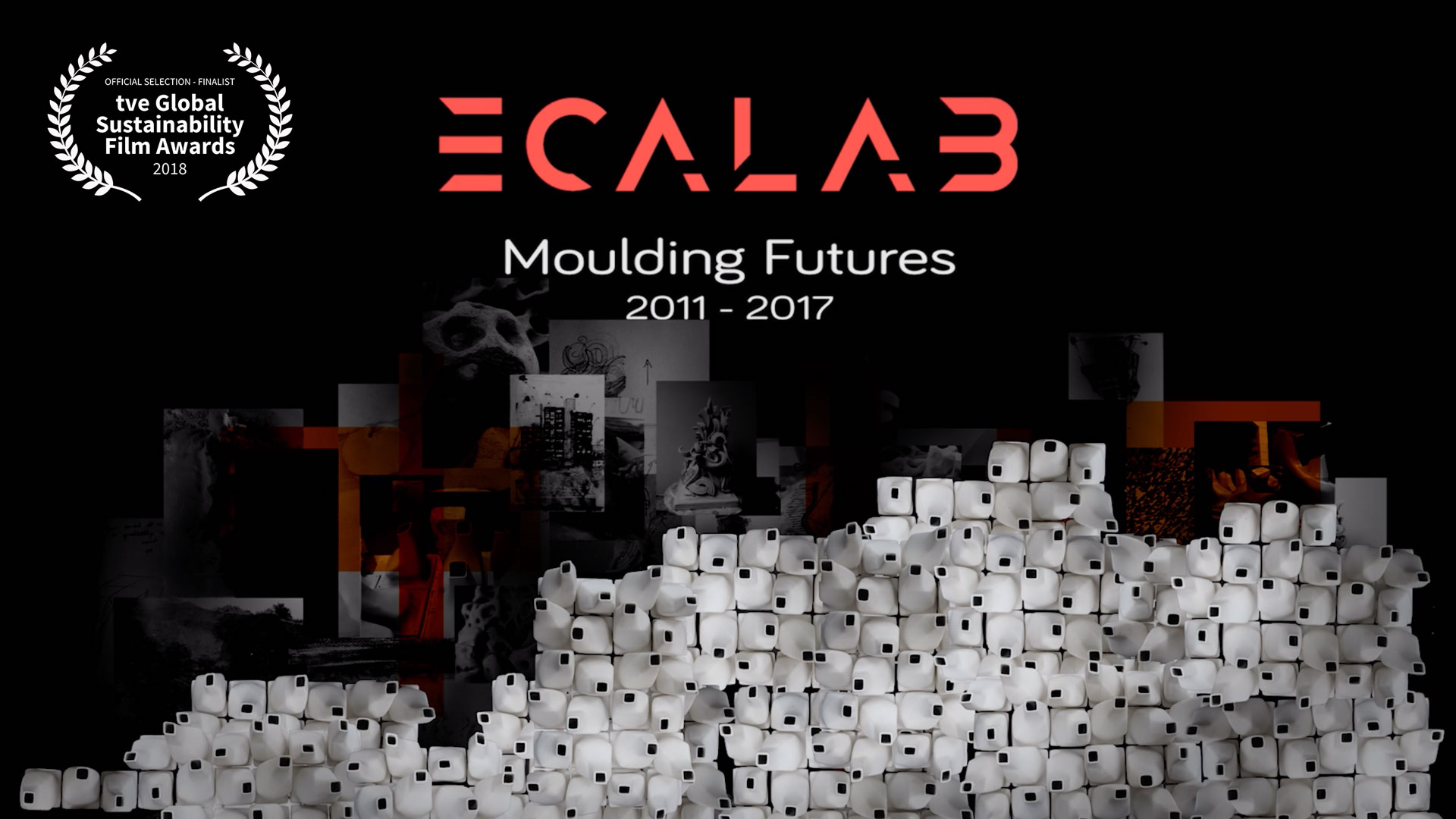
2019 TVE Global Sustainability Film Awards
The documentary film Moulding Futures illustrates the works and concepts of ECAlab (Environmental Ceramics for Architecture Laboratory); founded by Dr Rosa Urbano Gutiérrez (University of Liverpool) and Amanda Wanner (Leeds Beckett University), exploring new artistic and technological ways in which ceramics can be used as a sustainable building material, whilst at the same time examining the role of emerging digital technologies alongside traditional ceramic craftsmanship skills.
One of the aims of the film is therefore to show how art can meet science in a meaningful and environmentally sustainable way. It documents the process of how a deliberate ecological focus – that uses new and never tried before technologies with one of the world’s first building materials (e.g. combining parametric design, with 3D printing and clay) – can bring back clay into the realm of contemporary architecture as an ancient, yet highly innovative material to creates a sustainable and aesthetically rich environment.
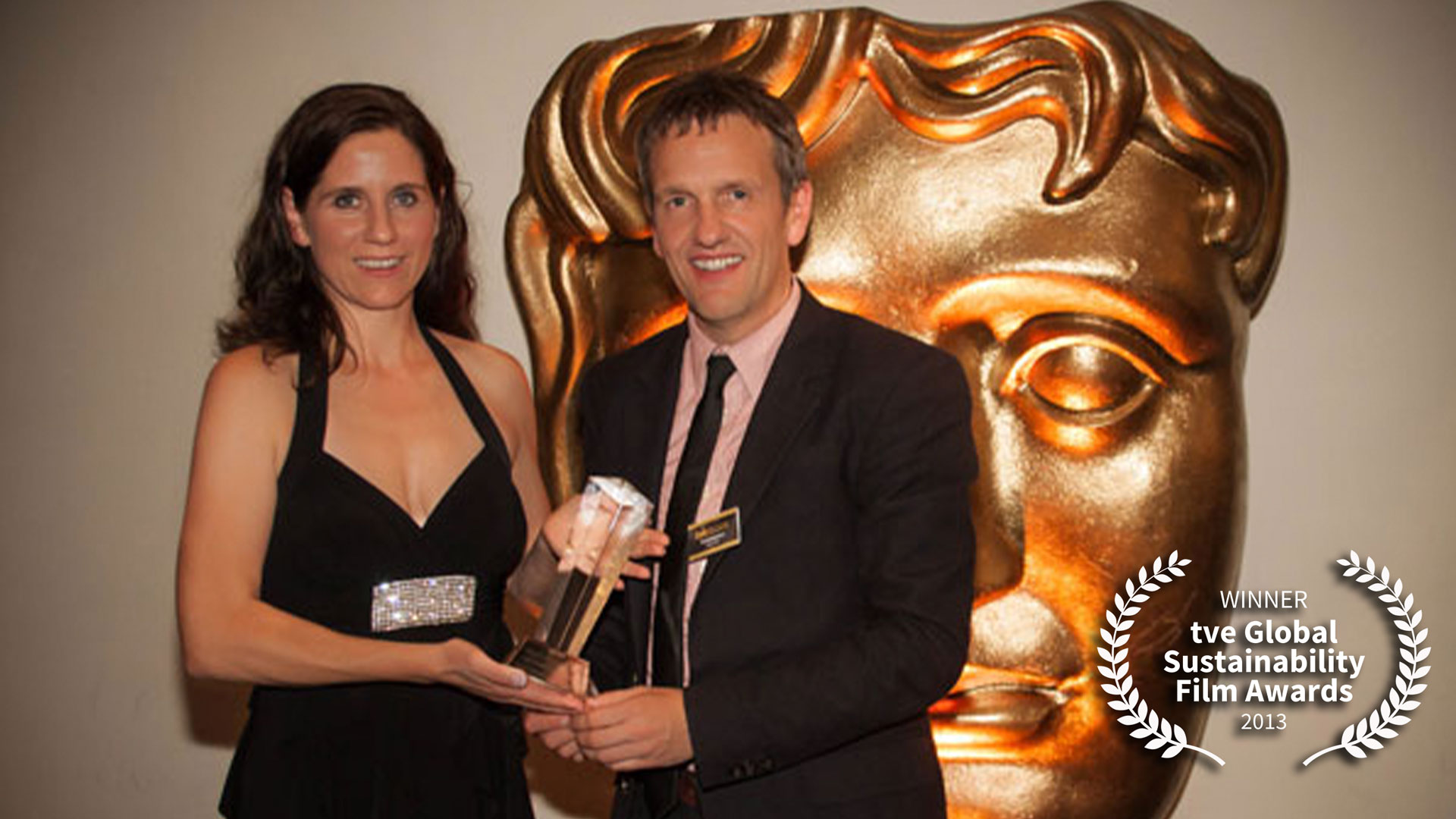
2013 TVE Global Sustainability Film Awards
The ‘Robust Hospitals in a Changing Climate: DeDeRHECC project’ film is the collaborative result between Screenspace, CineTecture and a major EPSRC-funded research project led by Prof C.A Short (Cambridge University) in collaboration with Loughborough University, Leeds University and the Open University. The project investigated thermal conditions in a representative sample of NHS hospital buildings dating from the 1930s to the present, and based on their findings, predicted the buildings’ future performance through to 2080.
The team’s task was to propose and fully cost various refurbishment options, to show how refurbishment can significantly lower the energy use of hospital buildings – an essential criteria for the NHS to meet its carbon reduction targets whilst also saving money; how naturally ventilated options, can deliver buildings that perform well in extreme summers in future climates; and finally, illustrate that refurbishment can actually be a lot cheaper than new-build options and much quicker to implement.
As a result of this groundbreaking research, governments and technology companies around the world are using the findings from this research to innovate sustainable change. Monika Koeck's script, editing and visual effects helped making the team's leading-edge research accessible to a broad audience. The film was shown on ministerial summits in China and Scandinavia,
